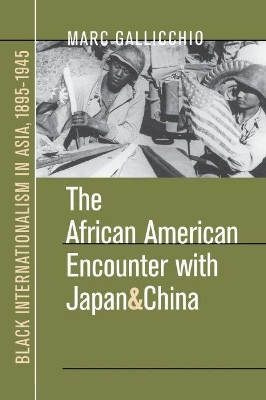Focusing on African-American attitudes towards Japan and China, this study examines the rise and fall of black internationalism in the first half of the 20th century. This daring new approach to world politics failed in its effort to seek solidarity with the two Asian countries, but it succeeded in rallying black Americans in the struggle for civil rights. Black internationalism emphasized the role of race or colour in world politics and linked the domestic struggle of African Americans with the freedom struggle of emerging nations ""of colour"", such as India and much of Africa. In the early 20th century, black internationalists, including W.E.B. Du Bois and Marcus Garvey, embraced Japan as a potential champion of the darker races, despite Japan's imperialism in China. After Pearl Harbor, black internationalists reversed their position and identified Nationalist China as an ally in the war against racism. In the end, black internationalism was unsuccessful as an interpretation of national affairs. The failed quest for alliances with Japan and China, the author argues, foreshadowed the difficulty black Americans would encounter in seeking redress for American racism in the international arena.
- ISBN13 9780807848678
- Publish Date 18 September 2000
- Publish Status Active
- Out of Print 5 June 2021
- Publish Country US
- Imprint The University of North Carolina Press
- Edition New edition
- Format Paperback
- Pages 280
- Language English
